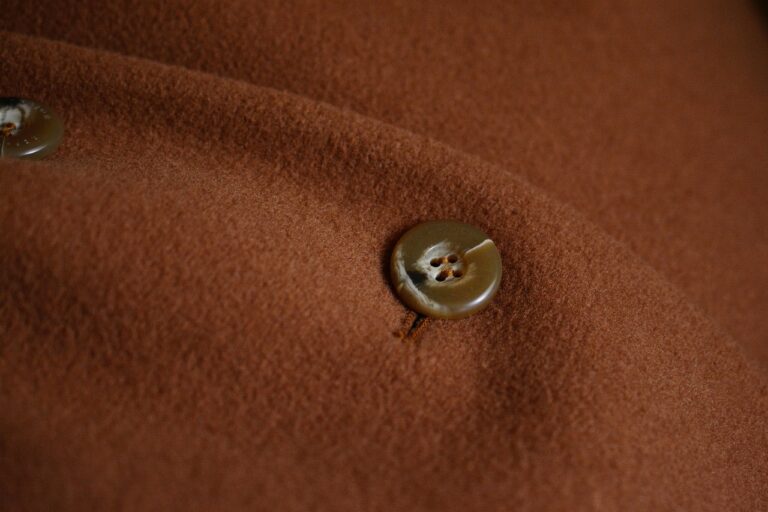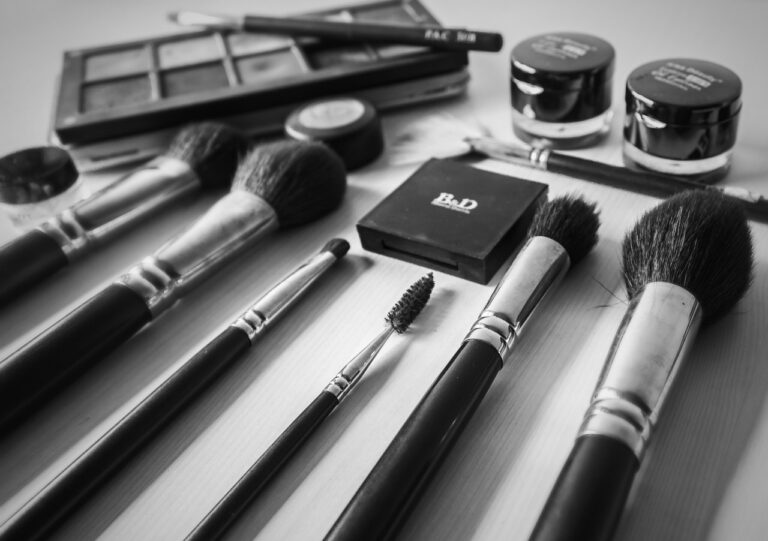The Influence of Fashion on Consumer Behavior: Insights from Neuroscience: 11x play online, Reddy bet, Golden777
11x play online, reddy bet, golden777: The Influence of Fashion on Consumer Behavior: Insights from Neuroscience
Have you ever wondered why you feel compelled to buy a certain brand of clothing or shoes? Or why you find yourself constantly updating your wardrobe to keep up with the latest trends? The answer lies in the fascinating world of neuroscience and its impact on consumer behavior.
In today’s fast-paced world, fashion plays a crucial role in shaping our identities and influencing our purchasing decisions. From the clothes we wear to the accessories we choose, fashion has the power to make a statement about who we are and how we want to be perceived by others. But what exactly is it about fashion that makes it so compelling?
Neuroscientists have long studied the connection between our brains and our behavior, and they have found that certain elements of fashion can trigger specific responses in our brains. For example, when we see a designer label or a particular color that we like, our brains release dopamine, the “feel-good” chemical that is associated with pleasure and reward. This dopamine rush can make us feel happy and satisfied, leading us to make impulsive purchasing decisions.
Furthermore, the way a product is presented and marketed can also have a significant impact on our buying behavior. Studies have shown that consumers are more likely to buy a product if it is displayed in an aesthetically pleasing way or if it is endorsed by a celebrity or influencer that they admire. This is because our brains are wired to seek out social validation and approval, and we are more likely to trust the judgment of someone we look up to.
Another fascinating aspect of the influence of fashion on consumer behavior is the concept of “social proof.” This is the idea that people are more likely to make a purchase if they see others doing the same. For example, if a popular celebrity is seen wearing a certain brand of clothing, their fans are more likely to follow suit in order to feel like they belong to the same social group.
In addition to the impact of external factors, our brains also play a key role in determining our shopping habits. Research has shown that our brains are wired to seek out novelty and excitement, which is why we are constantly looking for new trends and styles to keep up with. This desire for novelty can lead us to make impulse purchases or to buy items that we may not necessarily need.
So, what can we learn from these insights into the influence of fashion on consumer behavior? Firstly, it is important to be aware of the power that fashion has over our brains and to make conscious decisions about our purchases. Instead of buying into trends simply because everyone else is doing it, take the time to consider whether a particular item truly reflects your personal style and values.
Secondly, retailers and brands can use these neuroscience insights to their advantage by understanding what drives consumer behavior and tailoring their marketing strategies accordingly. By creating a strong emotional connection with their customers and tapping into their desire for social validation, brands can increase customer loyalty and drive sales.
In conclusion, the influence of fashion on consumer behavior is a complex and multifaceted phenomenon that is deeply rooted in our brains. By understanding the neuroscience behind our shopping habits, we can make more informed decisions as consumers and as marketers. So next time you find yourself reaching for that designer handbag or pair of shoes, take a moment to consider the deeper motivations driving your purchase your brain will thank you for it.
FAQs
Q: How does fashion influence consumer behavior?
A: Fashion can influence consumer behavior by triggering dopamine releases in our brains, appealing to our desire for social validation, and tapping into our need for novelty and excitement.
Q: How can retailers use neuroscience insights to boost sales?
A: Retailers can use neuroscience insights to create emotional connections with customers, tailor marketing strategies to appeal to their desires, and capitalize on the concept of social proof to drive sales.
Q: What should consumers keep in mind when making fashion purchases?
A: Consumers should consider whether a purchase truly reflects their personal style and values, rather than simply following trends or seeking social approval. Being conscious of the influence of fashion on consumer behavior can lead to more fulfilling shopping experiences.







